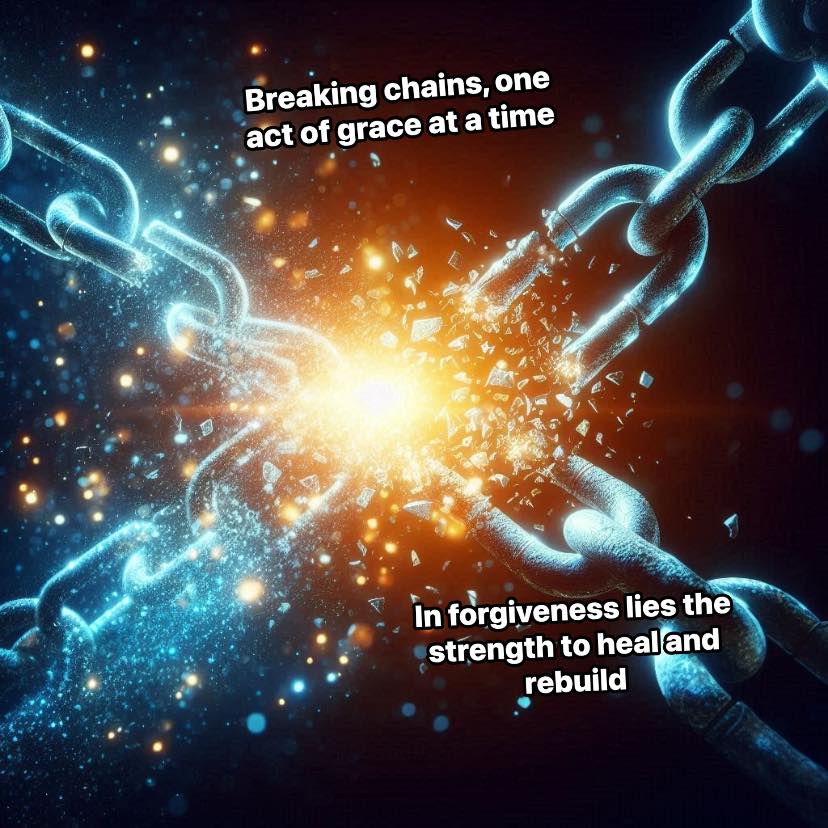
In the heart of a bustling city, a high-rise office building stood as a testament to ambition and innovation. Within its walls, a marketing department buzzed with creativity and rivalry, where sharp minds competed for recognition and success. Among the team was Rachel, a seasoned professional with a reputation for excellence, and Alex, an ambitious newcomer eager to prove his worth.
One fateful morning, Rachel discovered that a project she’d been working on for weeks—an innovative campaign for a prestigious client—had been subtly altered and submitted to the director under Alex’s name. The realization struck her like a thunderclap. Alex had stolen her ideas, presenting them as his own to claim the accolades she had rightfully earned.
Hurt and anger surged through Rachel as she sat in the quiet solitude of the conference room, replaying the betrayal in her mind. She could almost taste the bitterness of revenge. It would be easy, she thought, to expose Alex publicly, to humiliate him as he had wronged her. Her mind raced with plans: an email to the team, a quiet word with the director, perhaps even a confrontation during the next meeting.
But as the hours passed, Rachel found herself reflecting on the bigger picture. What would revenge accomplish? It might satisfy her immediate anger, but would it heal the wound or simply create new ones? Would it make the office a better place or deepen the cracks already forming in their team dynamic?
That evening, Rachel made her decision.
The next day, she called Alex into a private meeting. He arrived, his confident demeanor faltering slightly as he saw the seriousness in her expression.
“Alex,” Rachel began, her voice steady but firm, “I know what you did. The campaign you submitted—it was my work.”
Alex’s face paled. He opened his mouth to protest but closed it again under the weight of her unwavering gaze.
“I could report this,” Rachel continued, “but I won’t. Instead, I want to tell you what this means to me. I’ve worked hard to build my reputation on honesty and integrity. What you did hurt me, but more than that, it jeopardized the trust within our team.”
Alex stared at her, stunned into silence.
“I’m choosing to forgive you,” Rachel said finally, her tone softening. “Not because what you did was okay—it wasn’t. But because I believe you can do better. Take this as a chance to reflect and grow. Make it right, not for me, but for yourself.”
For a moment, the room was silent except for the faint hum of the air conditioning. Then, Alex looked down, shame evident in his posture.
“Rachel, I—I’m sorry,” he stammered. “You’re right. I was wrong, and I don’t know why I did it. I’ll fix this. I promise.”
True to his word, Alex approached the director, confessing his actions and giving Rachel the credit she deserved. The director, impressed by Rachel’s maturity and Alex’s courage to admit his mistake, used the incident as a teaching moment for the entire team.
Over time, Alex worked hard to rebuild trust, and Rachel noticed a transformation in him. The experience seemed to have sparked a newfound humility and respect for his colleagues. Their team, once marred by competition and division, grew closer, united by the lessons they had learned through forgiveness and accountability.
Years later, Rachel would look back on that moment not as a story of betrayal, but as one of redemption. By choosing forgiveness over revenge, she had broken the chain of conflict, creating space for growth and understanding. The scars of that experience became a badge of wisdom, a reminder of the transformative power of letting go and choosing peace.
And so, the cycle of negativity was halted, and from its ashes rose a stronger, more compassionate team, proving that sometimes, the most powerful change begins with the courage to forgive.



